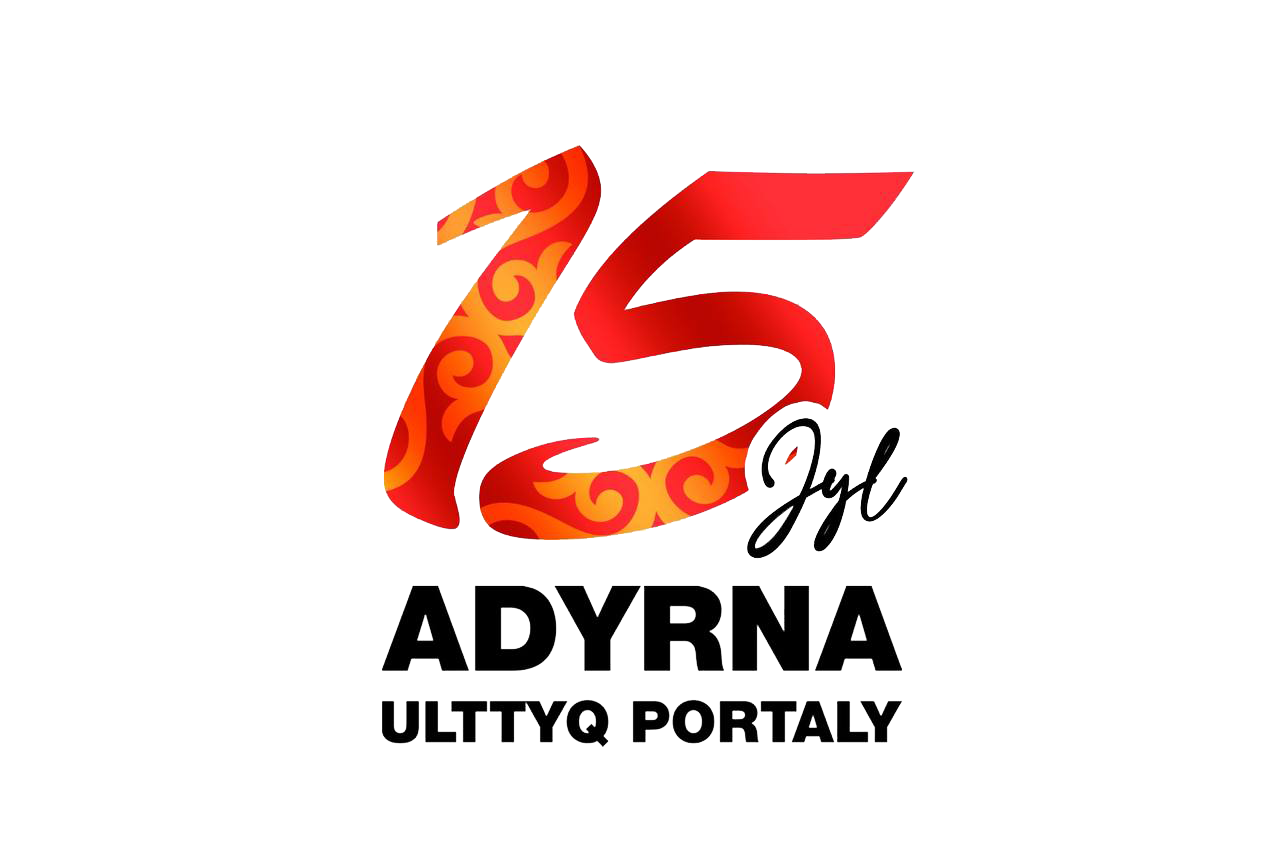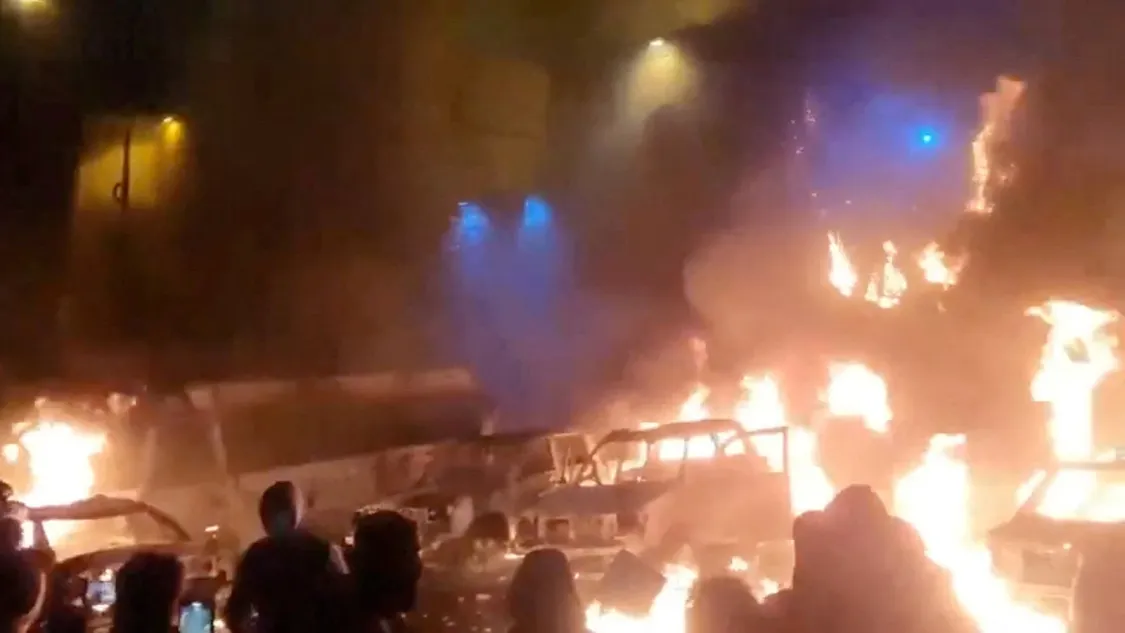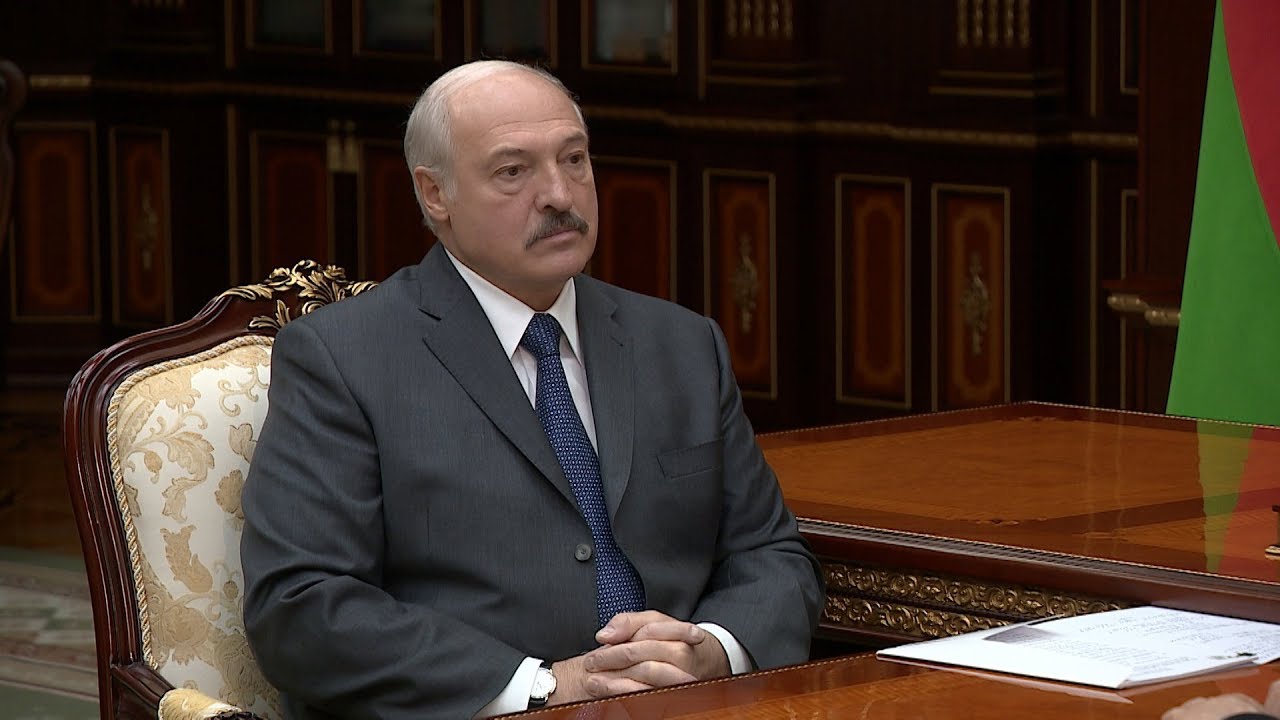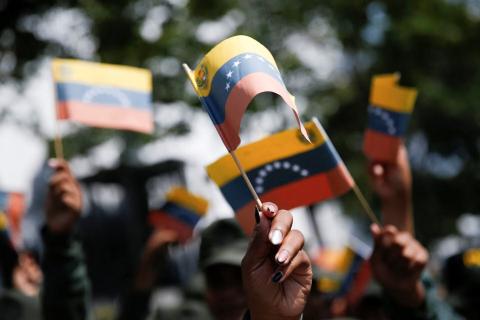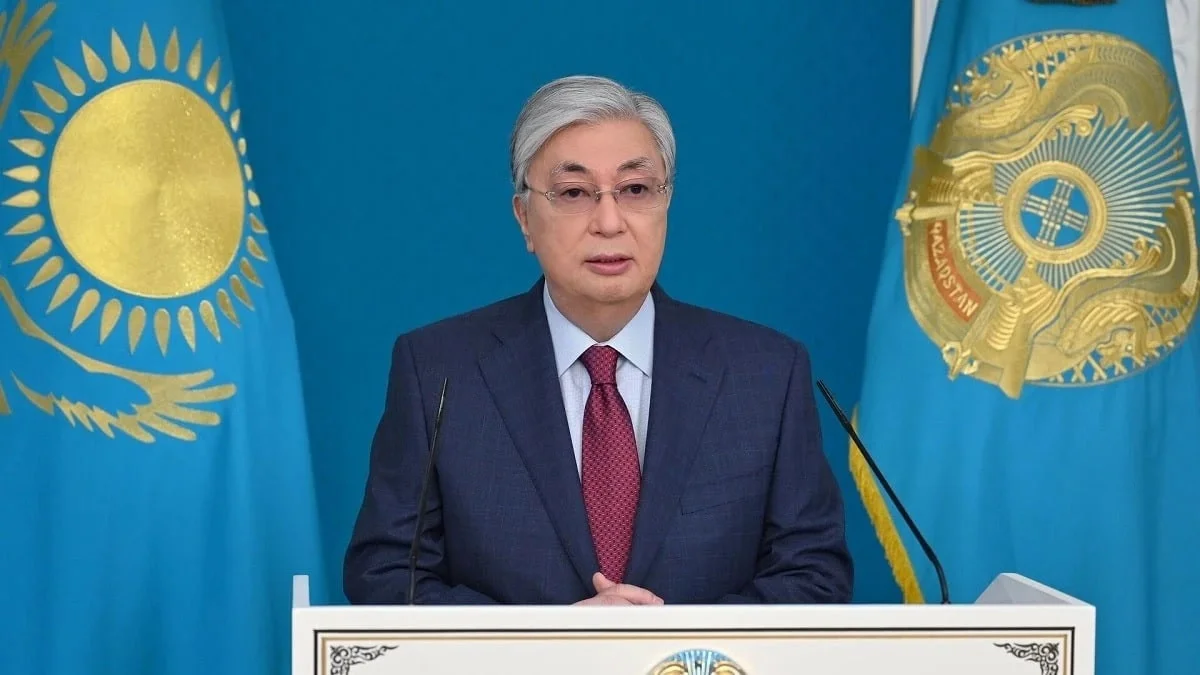On December 7, South Korean President Yoon Suk Yeol successfully avoided impeachment in a process led by the opposition-controlled parliament, according to the Adyrna national portal, citing Yonhap News Agency.
According to the agency, only 195 of the 300 members of the National Assembly, South Korea’s unicameral parliament, participated in the vote. For the impeachment to pass, at least two-thirds of the legislators needed to support it.
Six opposition parties, which collectively hold 192 seats, initiated the impeachment process. However, for the motion to succeed, they required the support of at least eight lawmakers from the ruling “People Power” party.
“The entire nation is watching the decision that will be made in the National Assembly today. The whole world is watching,” lamented Speaker Woo Won-shik.
The leader of the ruling party, Han Dong-hoon, had demanded President Yoon’s resignation over his decision to declare martial law, claiming it posed a significant threat to the country. He expressed confidence that his stance would garner enough votes for impeachment, but the effort ultimately failed.
AFP recalled that on December 5, Han Dong-hoon stated he would cease pursuing impeachment. However, he reversed his position after President Yoon refused to acknowledge any wrongdoing. Han accused the president of instructing counterintelligence officials to arrest several key politicians during the martial law period, alleging “anti-government activities.”
South Korea’s largest opposition force, the Democratic Party of Korea (also known as the “Toburo” party), announced on December 4 that it would push for the president’s impeachment. They also planned to charge the president, along with the ministers of defense and interior, and key military and police officials, with staging a coup.
This political turmoil was triggered by President Yoon’s unexpected announcement of martial law on the evening of December 3. However, the parliament rejected his decree on the morning of December 4, leading to its withdrawal. During the martial law period, the National Assembly and political parties’ operations were suspended. Yoon justified the measure as a response to the opposition’s “anti-government activities.”
Other materials
Adyrna.kz ұлттық порталының маңызды ақпараттарына жазылу
Соңғы жаңалықтар туралы хабардар болыңыз












